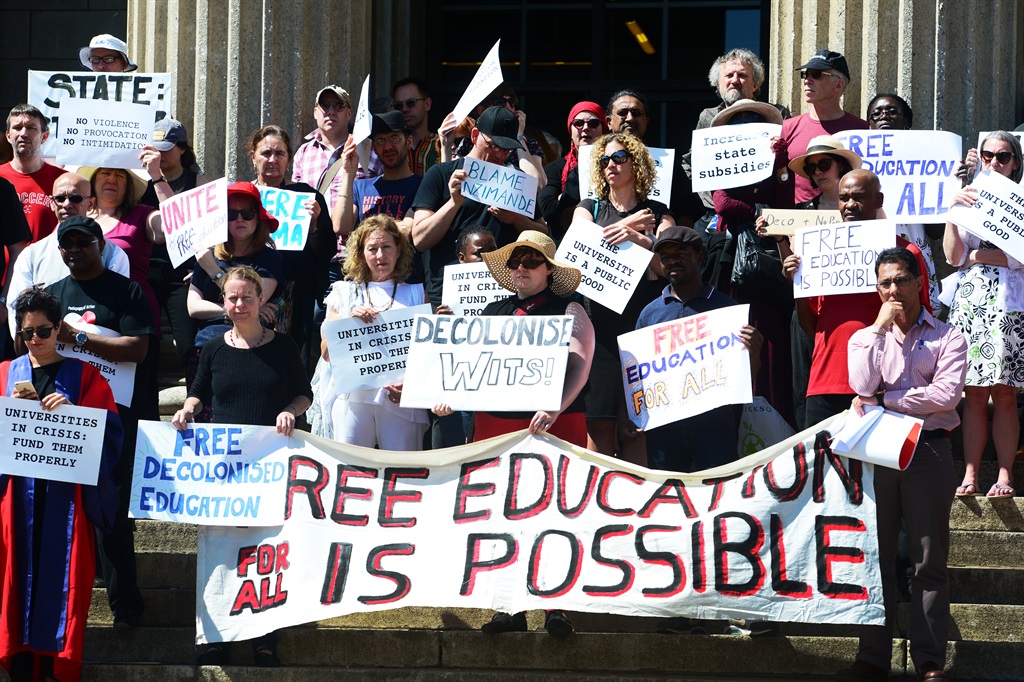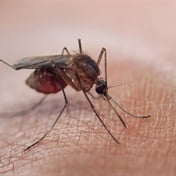
The report on the feasibility of free tertiary education has been met with mixed reactions from political parties.
Higher Education Minister Hlengiwe Mkhize on Tuesday welcomed the release of the Heher Commission report, emphasising that it does not make any pronouncements or decisions, but both the Democratic Alliance and United Democratic Movement had their reservations.
“[The report] provides government with recommendations only. Decisions still have to be made by the government. The government must have the space to conduct a thorough due diligence and to weigh up all aspects of the proposals,” she said in Pretoria.
Mkhize shared that debt, especially for poor students, was a concern of hers and had to be monitored closely. “Having come from a very poor background as well, my belief is that education is the ladder of taking yourself out of poverty – and your family. So if you inherit a huge debt coming out of school, it might not help those who have sacrificed to put you through.”
Mkhize said that the release of the report would lead to healthy discussion on an informed basis, for a more sustainable way forward.
“This will provide an opportunity for the academic, student, and broader communities to study it and to familiarise themselves with the detail of Judge Heher’s findings, proposals, and alternative scenarios,” she said.
“I have this belief that all representatives who are looking at the report have the students’ plight at heart. I don’t foresee any decision [in the report] that could harm the students per se,” she said.
The Heher Commission was put in place by President Jacob Zuma in 2015 following nationwide student protests over fees. It was headed by retired judge, Judge Jonathan Heher, and explored the viability of funding models for higher education.
Zuma received the report on August 30 and “applied his mind” to it, only releasing it three months after receiving it.
The 752-page report, which City Press had obtained and had written about for two weeks prior to Zuma releasing it on Monday, concluded that there was currently no capacity for the state to provide free tertiary education to all students in the country.
It recommends government guaranteed income-contingency loans from commercial banks for undergraduate and postgraduate students, and a focus on technical vocational education and training colleges, which will be free.
R50 billion will be transferred from the surplus of the Unemployment Insurance Fund for infrastructure development.
Meanwhile, the UDM has rejected the income contingency loans recommendation, saying it will create an army of debt-trapped graduates who have not even had an opportunity to earn an income.
“This commodifies education,” UDM chief whip Nqabayomzi Kwankwa said.
“South Africa’s unscrupulous banks will be cash flushed by charging students exorbitant fees and interest rates on risk-free loans that are fully backed up by government guarantees.”
While speculation was rife that he intended to find R40 billion in the budget to fund free higher education next year, the report stated that South Africa couldn’t afford it. Kwankwa said the UDM welcomed the commission’s recommendation that more resources be allocated to the Vocational Education and Training Colleges sector, but the party was “concerned that throwing money at the problem without addressing the structural challenges facing this sector will compound the problem”.
“South Africa needs to redefine this sector and reposition it so that it is able to respond to labour market demands while contributing to economic growth,” Kwankwa said. “We agree that the early childhood development sector is the missing link in the current education system and much more must be done to integrate it into the mainstream education system, with very clear goals and objectives.”
The UDM didn’t find any “concrete solution” from the report and said it was disappointed that it took the Presidency more than two months to release it, without a clear policy position.
“These delaying tactics are an indication that the Presidency is using education as a pawn in the political factional battles of the ruling party in the run-up to its elective congress in December,” said Kwankwa.
“The UDM believes that government should fund fee-free, quality education by downsizing its executive, putting an end to the ever-increasing wasteful, irregular and fruitless expenditure, closing the tap on illicit financial flows and increasing corporate income tax, among others.”
Meanwhile, the DA has asked Speaker Baleka Mbete for an urgent debate of national importance on the report.
“The release of the long-awaited document has not been enough to calm the fears and anxieties of students, their families and higher learning institutions,” DA MP Belinda Bozzoli said.
“Universities have been unable to set next year’s fees as they had been waiting for the president to release it, while students remained in the dark with regards to whether they would be able to study next year.”
She said the uncertainty was exacerbated “by the bizarre rumours about an alternative funding model, allegedly backed by President Zuma himself, that seeks to finance higher education through the slashing of social grants and increasing VAT”.
An urgent debate will provide clarity, she added. – News24




 Publications
Publications
 Partners
Partners








